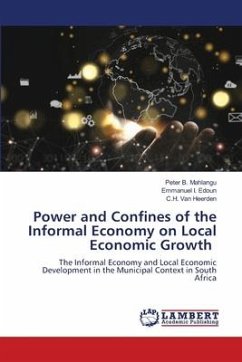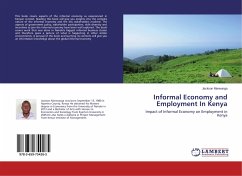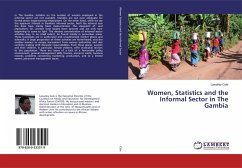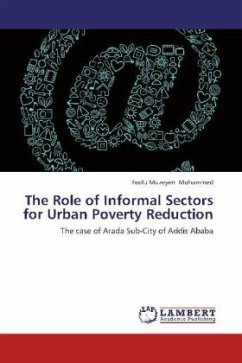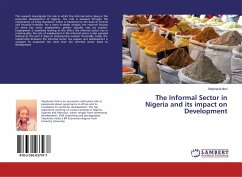People working in the informal sector, such as street vendors, are perceived as passive players rather than active individual entrepreneurs. In smaller developing countries like Nepal the informal sector forms a major aspect of the overall economy, providing employment to a large percentage of the urban population and providing cheaper goods and services to people of all income levels. This research looks into the economic, social and political situation of street vendors in the cities of Kathmandu and Lalitpur and examine ways to organize them.
Bitte wählen Sie Ihr Anliegen aus.
Rechnungen
Retourenschein anfordern
Bestellstatus
Storno


